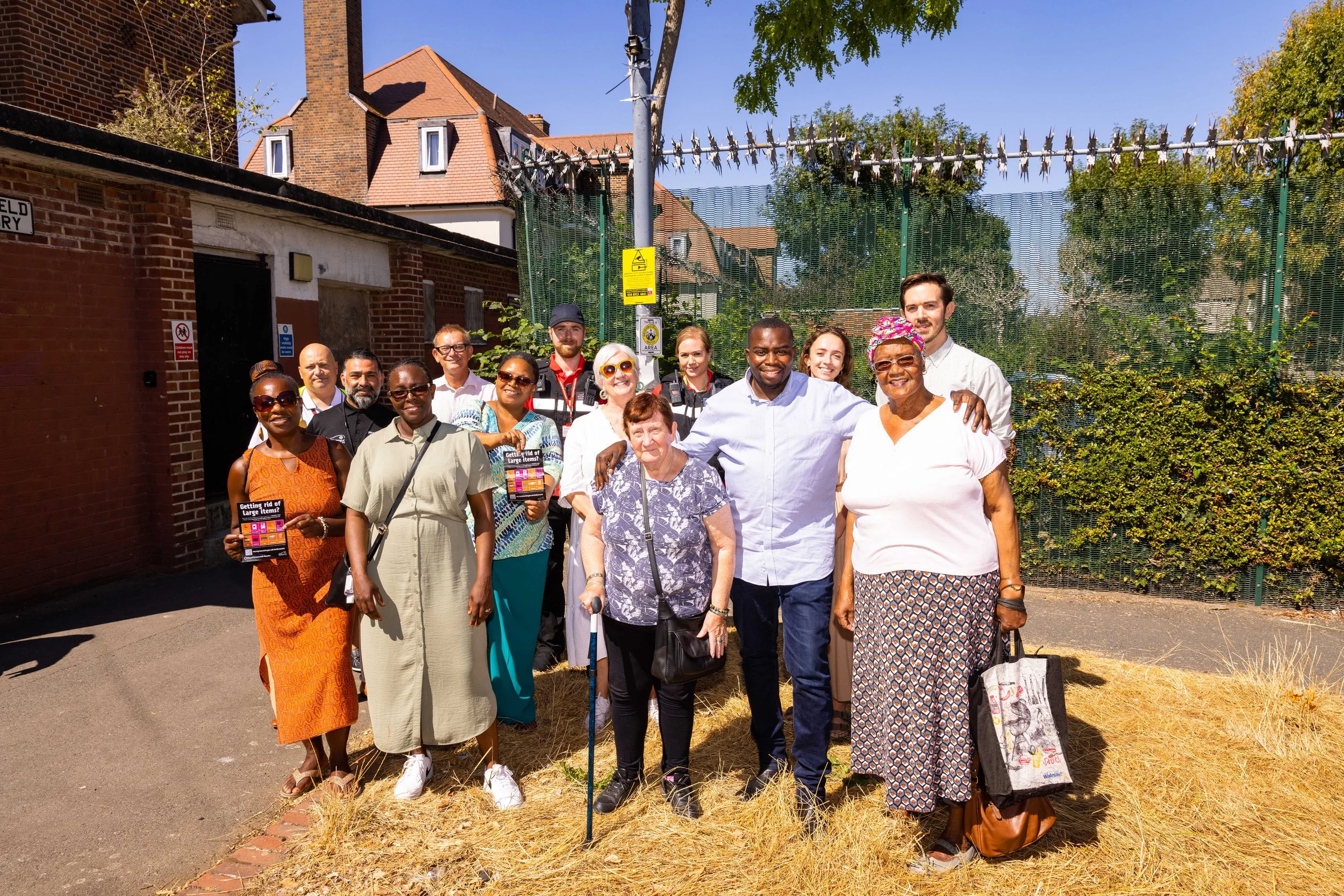Councils today are being asked to do the near impossible. With some facing extreme financial pressures, the gap between resources and responsibilities grows wider every year. Budgets are becoming challenging to set as demand for services continues to rise. Neighbourhood problems feel more complex and the choices between what to cut and what to keep are becoming increasingly difficult.
In such a climate, ‘innovation’ can sound like a luxury. An abstract word that belongs to glossy conferences rather than the town hall. When survival and delivery are the priorities, it’s easy to let new ideas slip to the bottom of the list.
But true innovation, what we might think of as ‘affordable transformation’, is not about shiny gadgets, costly experiments or trials that go nowhere. At its best, it’s about applying fresh thinking and, where useful, the right technology, to solve real problems in ways that are practical, affordable and deeply rooted in the needs of communities. Far from being indulgent, this kind of grounded transformation is a lifeline for councils stretched to breaking point.
Addressing costly behaviours
DG Cities working with communities in Greenwich
Consider the problem of fly-tipping. For many authorities, it has become a constant drain on stretched budgets. Clearing waste again and again can cost thousands, while reinforcing the expectation that it will simply be removed.
On Greenwich’s Barnfield Estate, we took a different approach. By combining behavioural science, service design and place-based research, we uncovered the real reasons why people were dumping waste, from residents simply unsure what to do with specific items, to repeat offenders from outside the estate coming to fly-tip. By co-designing solutions with residents, and targeting IoT cameras and enforcement where it really mattered, the project reduced costs and created a cleaner, safer environment.
The lesson here is powerful: transformation doesn’t always come from technology alone. Sometimes it comes from listening, mapping the system, and designing interventions that people actually respond to. This is not innovation for its own sake.
Effective use of data
Data is another area where councils already hold untapped potential. The challenge is not gathering more, but making sense of what exists, ethically and effectively. Used well, data can shift teams from firefighting to foresight.
Take housing asset management. By applying data intelligently, councils can anticipate where resources are needed most, extend the life of their assets, and prevent costly repairs before they happen. This isn’t about layering in unnecessary complexity, but rather giving hard-pressed staff the right information at the right time and helping them act with confidence.
And what about AI?
We know that nine out of ten councils are using AI in some form, but how many have a strategic overview of how that’s working in practice?
The hype can feel overwhelming, but the reality is that public sector AI is only useful if it is applied ethically, transparently and in service of residents. That’s why we developed our AI readiness index and run workshops to support council teams. We have developed bespoke tools, such as multilingual chatbots that help residents access services in their own language. A simple, humane solution that saves time and builds trust.
Why this matters now
When money is scarce and staff are exhausted, the temptation is to retreat from new approaches altogether. But this is precisely when transformation is most needed. Affordable, human-centred interventions can generate long-term savings, ease pressure on services and engender trust between councils and the communities they serve.
We’ve seen it firsthand. From reducing waste removal costs to helping councils electrify their fleets, from cutting energy bills to helping overstretched teams make sense of their housing data. Small changes, when grounded in real community needs, can add up to big impacts.
““DG Cities is a small but highly flexible partner: we develop strategies and business cases, run trials, engage communities, pilot technology, advise on AI, evaluate projects, and put data to use across local authority services, particularly housing. Where councils lack capacity, we are an affordable option that understands how their teams work.””
Don’t give up on better
To the councils that feel they are only just keeping their heads above water: don’t give up on transformation. Innovation isn’t a luxury and it doesn’t have to mean expensive technology or untested schemes. It can be the everyday work of making things a little smarter, a little fairer and a lot more effective.
DG Cities exists to be a flexible partner for this work: we’re a small but dedicated innovation lab with expertise in behavioural science, AI, planning, service design, engineering, evaluation and project management. Where councils don’t have in-house capacity, we step in – affordably, practically and always with compassion for the pressures you’re under.
We know these pressures are real. But so are the opportunities. Now is not the time to turn away from innovation, but to reclaim it for public good, ground it in reality and apply fresh thinking to building resilient, thriving neighbourhoods.



